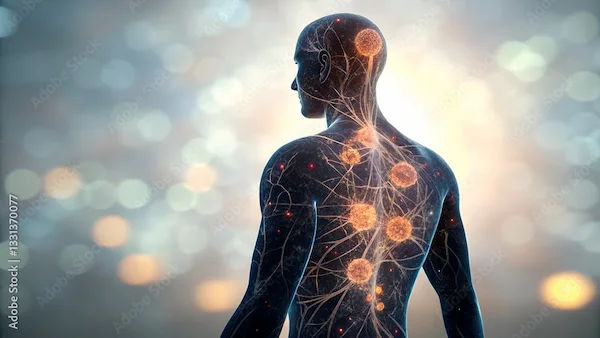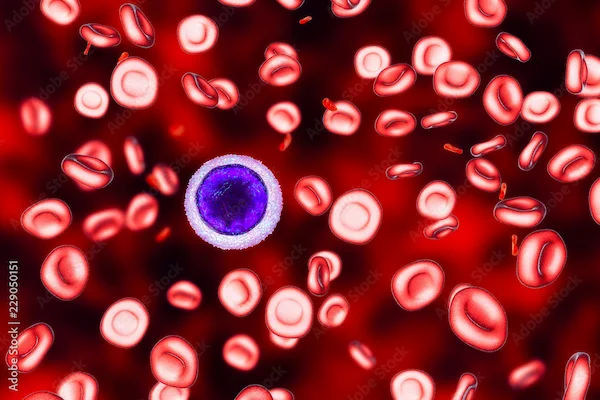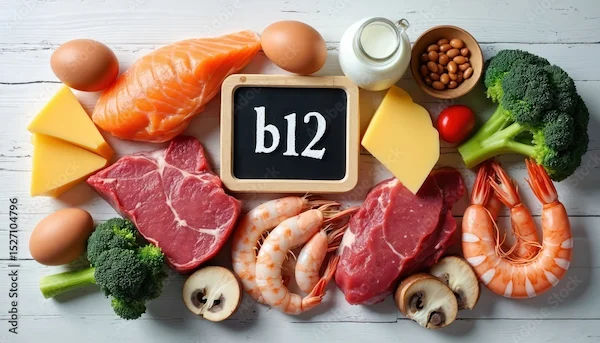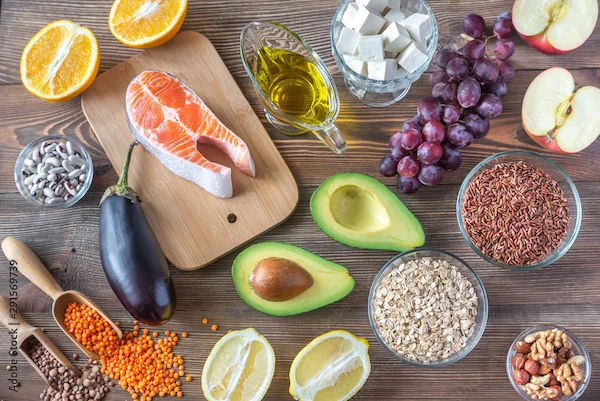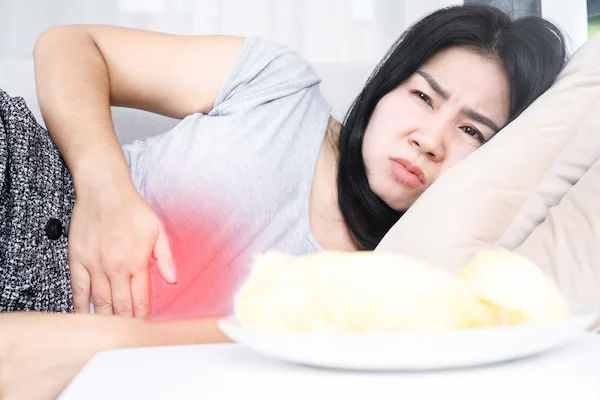Cardiac Arrest vs Heart Attack Explained
Understand the critical differences between cardiac arrest and a heart attack. Learn about their causes, symptoms, and immediate actions to take.

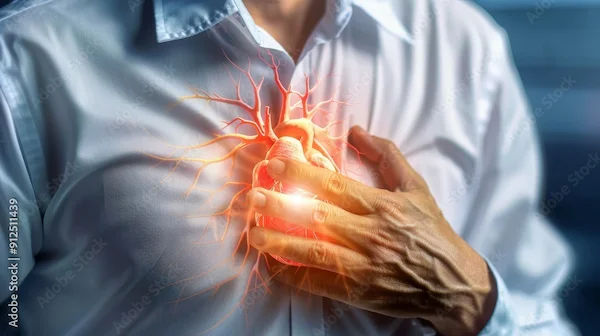
Introduction
Heart health is crucial, but terms like cardiac arrest and heart attack are often used interchangeably, even though they are different conditions. Understanding the difference can help you recognize symptoms early and take the right action—potentially saving a life.
What is a Heart Attack?
A heart attack (also called a myocardial infarction) occurs when blood flow to a part of the heart is blocked, usually by a blood clot. Without oxygen rich blood, the heart muscle begins to die.
Symptoms of a Heart Attack
Chest pain or discomfort (pressure, squeezing, or heaviness)
Pain spreading to the arms, neck, jaw, back, or stomach
Shortness of breath
Cold sweat, nausea, or lightheadedness
Note: Symptoms may develop gradually (over hours or days) and can vary between men and women. Women may experience fatigue, indigestion, or dizziness instead of severe chest pain.
What Causes a Heart Attack?
Blocked coronary arteries (due to cholesterol buildup or clots)
High blood pressure, diabetes, or smoking (increases risk)
Unhealthy lifestyle (poor diet, lack of exercise, stress)
What to Do in a Heart Attack?
Call emergency services immediately (don’t drive yourself).
Chew an aspirin (if not allergic) to help thin the blood.
Stay calm and rest while waiting for help.
What is Cardiac Arrest?
Cardiac arrest is a sudden loss of heart function, where the heart stops beating unexpectedly. Unlike a heart attack, which is a circulation problem, cardiac arrest is an electrical problem—the heart’s rhythm becomes chaotic, stopping blood flow to the brain and body.
Symptoms of Cardiac Arrest
Sudden collapse
No pulse or breathing
Loss of consciousness within seconds
Gasping or no response when checked
Note: Cardiac arrest can happen without warning, even in people with no prior symptoms.
What Causes Cardiac Arrest?
Abnormal heart rhythms (arrhythmias) like ventricular fibrillation
Severe heart attack (can trigger cardiac arrest)
Heart disease, drug overdose, or trauma
Electrolyte imbalances or genetic conditions
What to Do in Cardiac Arrest?
Call emergency services immediately.
Start CPR (chest compressions)—push hard and fast in the center of the chest.
Use an AED (Automated External Defibrillator) if available—it can restart the heart.
Every second counts—CPR can double or triple survival chances!
Consult Top Physician For More Health Benefits
Key Differences Between Heart Attack and Cardiac Arrest
The key differences between heart attack and cardiac arrest are:
| Feature | Heart Attack | Cardiac Arrest |
|---------------|---------------|---------------------|
| Cause | Blocked artery | Electrical malfunction |
| Heartbeat | Usually continues | Stops suddenly |
| Symptoms | Gradual (pain, discomfort) | Immediate (collapse, no pulse) |
| Emergency Action | Call ambulance, take aspirin | Call ambulance, start CPR + AED |
How to Reduce Your Risk?
Ways to reduce risk include:
1. Eat a HeartHealthy Diet
More fruits, vegetables, whole grains, and lean proteins
Less salt, sugar, and processed foods
2. Stay Active
Aim for 30 minutes of exercise daily (walking, swimming, cycling).
3. Quit Smoking & Limit Alcohol
Smoking damages blood vessels; excessive alcohol raises heart risks.
4. Manage Stress & Sleep Well
Practice relaxation (meditation, deep breathing).
Get 7-8 hours of sleep nightly.
5. Regular Health Checkups
Monitor blood pressure, cholesterol, and diabetes.
If you have a family history of heart disease, consult a doctor.
When to See a Doctor?
If you experience:
Unexplained chest pain
Shortness of breath with exertion
Irregular heartbeat or dizziness
Family history of heart disease
Don’t ignore warning signs! Early detection saves lives.
Final Thoughts
While both heart attack and cardiac arrest are serious, they require different responses. Knowing the difference could help you act fast in an emergency. If you have concerns about your heart health, consult a doctor or book a checkup through Apollo 24|7 for expert guidance.
Consult Top Physician
Consult Top Physician For More Health Benefits

Dr. Anshul Maheshwari
General Practitioner
5 Years • MBBS
Lucknow
Apollo 24|7 Clinic - Uttar Pradesh, Lucknow

Dr. Shaik Abdul Kalam
General Practitioner
3 Years • MD (Physician)
Visakhapatnam
Apollo 24|7 Clinic - Andhra Pradesh, Visakhapatnam
(100+ Patients)

Dr. M L Ezhilarasan
General Practitioner
6 Years • MBBS
Visakhapatnam
Apollo 24|7 Clinic - Andhra Pradesh, Visakhapatnam
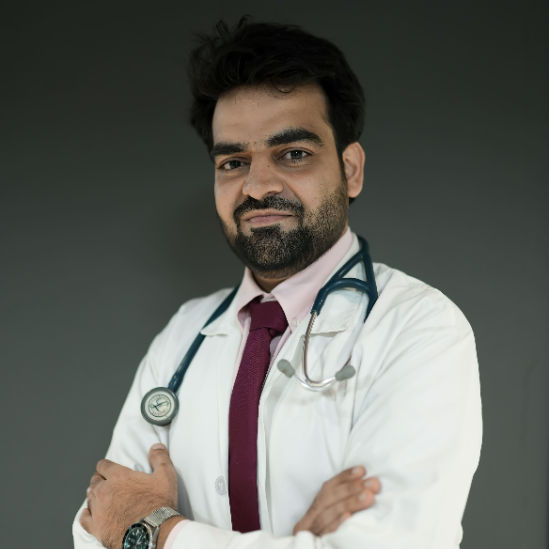
Dr. Md Yusuf Shareef
General Practitioner
8 Years • MBBS
Hyderabad
Apollo 24|7 Clinic, Hyderabad
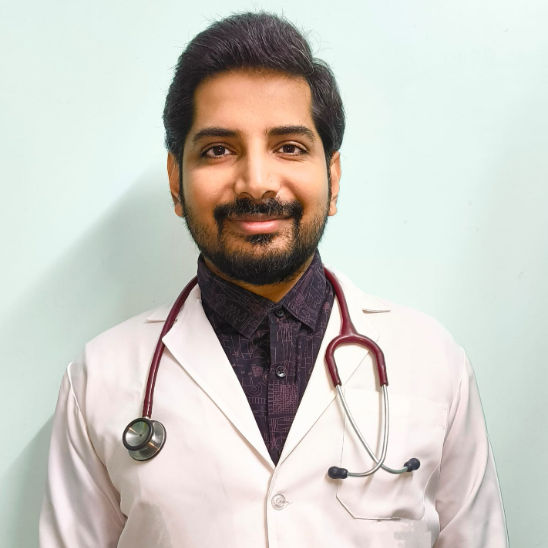
Dr. Hrishikesh Shivakumar
General Physician/ Internal Medicine Specialist
9 Years • MBBS, MD
Bangalore
Apollo 24|7 Clinic - Karnataka, Bangalore
Consult Top Physician

Dr. Anshul Maheshwari
General Practitioner
5 Years • MBBS
Lucknow
Apollo 24|7 Clinic - Uttar Pradesh, Lucknow

Dr. Shaik Abdul Kalam
General Practitioner
3 Years • MD (Physician)
Visakhapatnam
Apollo 24|7 Clinic - Andhra Pradesh, Visakhapatnam
(100+ Patients)

Dr. M L Ezhilarasan
General Practitioner
6 Years • MBBS
Visakhapatnam
Apollo 24|7 Clinic - Andhra Pradesh, Visakhapatnam

Dr. Md Yusuf Shareef
General Practitioner
8 Years • MBBS
Hyderabad
Apollo 24|7 Clinic, Hyderabad

Dr. Hrishikesh Shivakumar
General Physician/ Internal Medicine Specialist
9 Years • MBBS, MD
Bangalore
Apollo 24|7 Clinic - Karnataka, Bangalore
